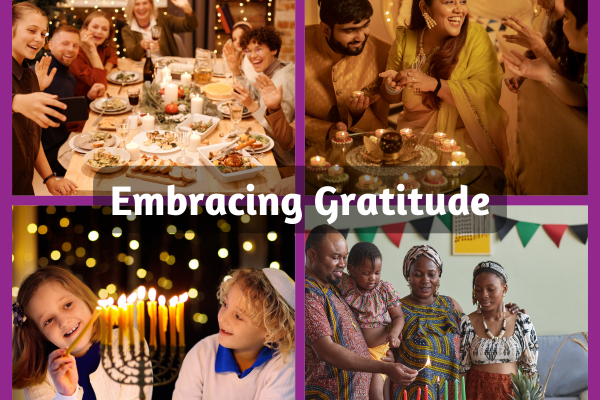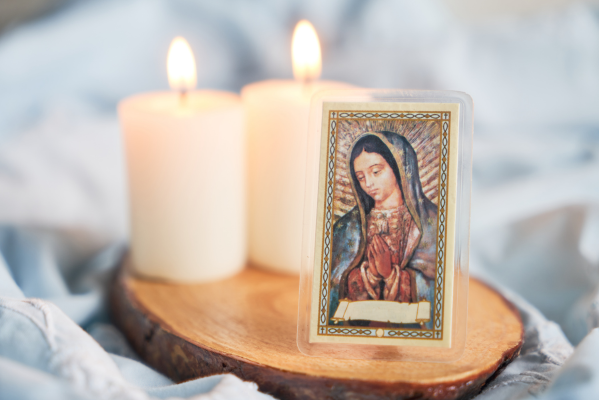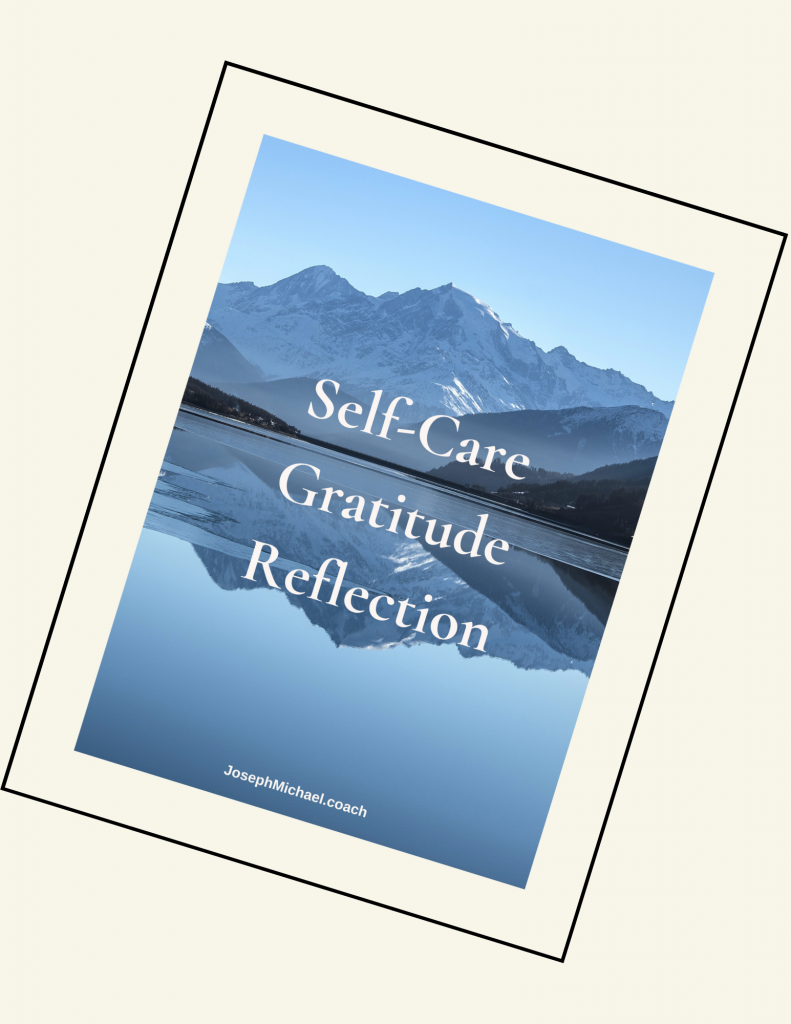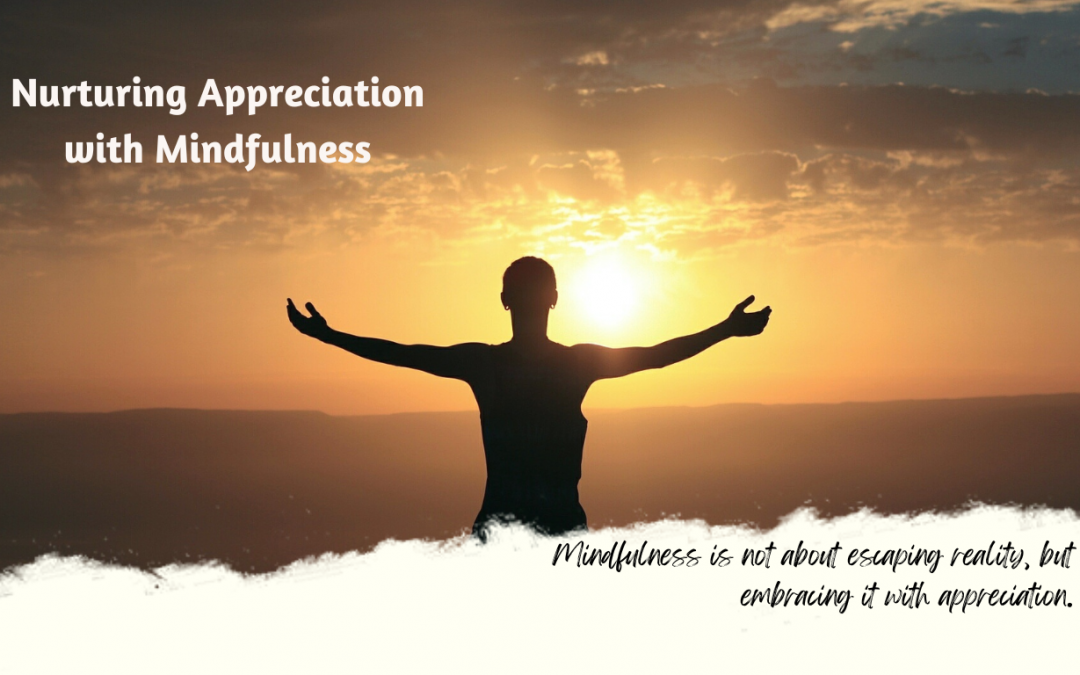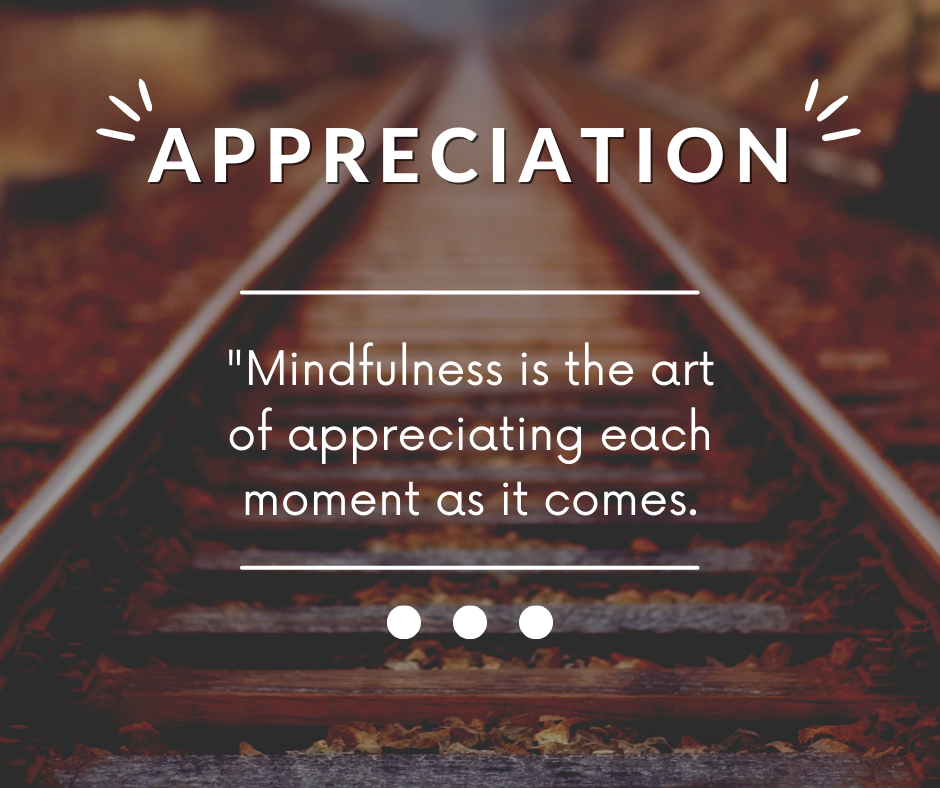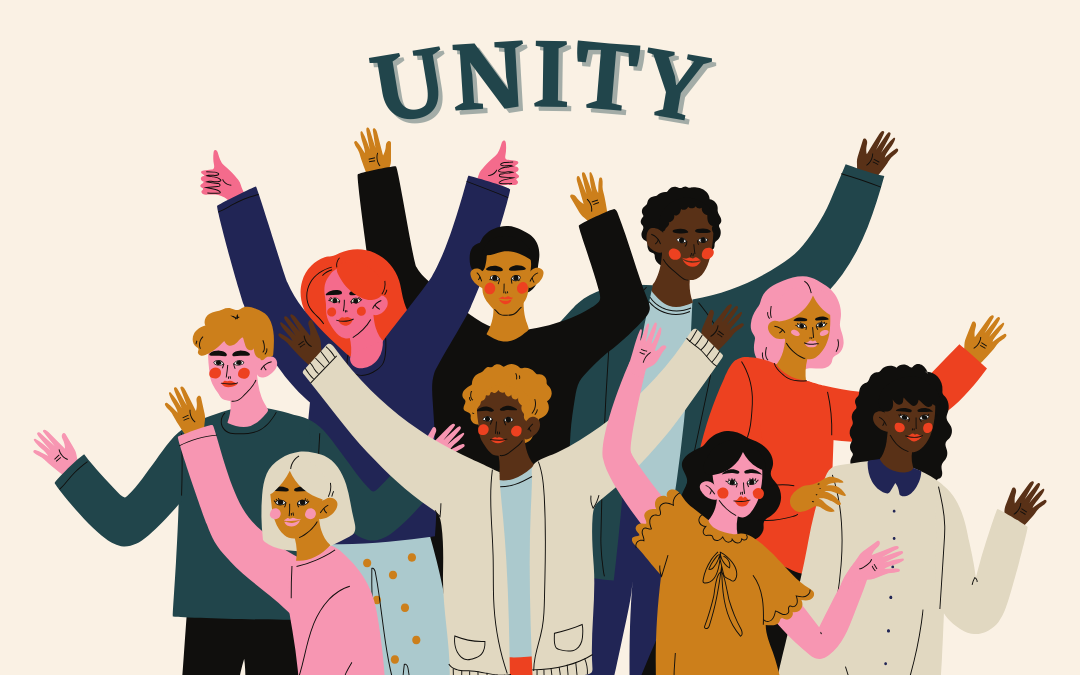
Exploring the Heart of Unity
Welcome, fellow adventurers!
This week’s Virtue Quest takes us on an inspiring journey into the world of Unity—a virtue that transcends barriers and brings us together in beautiful, transformative ways. Unity isn’t about erasing differences or achieving harmony without effort. It’s about weaving our unique threads into a stronger, more vibrant tapestry of connection.
Whether you’re looking to foster unity within yourself, your family, your community, or the wider world, this post is packed with practical tips, thought-provoking insights, and a dash of fun to keep the journey lighthearted. So, let’s dive in!
Unity Begins Within: A Dialogue with Yourself
Have you ever felt pulled in a million directions by your own thoughts and feelings? Achieving inner unity starts with reconciling the competing voices in your head. Think of it like being the conductor of an orchestra. Every instrument (your thoughts, emotions, and desires) plays a role, but it’s up to you to bring them into harmony.
-
-
- Practical Tip: Start your day with a “Unity Check-In.” Take five minutes to journal or meditate, asking yourself: What do I need today to feel whole? Whether it’s a quiet walk, an inspiring podcast, or simply a cup of tea, honoring this need helps align your inner self.
-
When you feel centered, you’re better equipped to create unity with others.
Unity in Families: Turning Chaos into Connection
Families are like a mix-and-match box of chocolates—some sweet, some nutty, but always a delightful assortment. While differences can lead to misunderstandings, they also provide the richness that makes family life dynamic.
-
-
- Activity: Create a “Unity Playlist.” Ask each family member to pick one song that represents them, then listen to it together. Discuss why they chose that song. This simple activity can foster understanding and spark some laughs.
- Mindset Shift: Embrace the quirks. Unity doesn’t require uniformity. Celebrate your child’s love of dinosaurs, your partner’s obsession with DIY projects, and your dog’s insistence on barking at delivery drivers—it’s all part of the beautiful chaos!
-
When family members feel seen and valued, unity becomes the default setting.
Unity in Communities: The Magic of Shared Purpose
Communities thrive on the glue of unity. It’s not about everyone agreeing on everything—it’s about recognizing shared goals and building on common ground.
-
-
- Real-World Tip: Get involved in a local initiative, whether it’s a neighborhood cleanup, a food drive, or a book club. Working toward a collective goal fosters bonds and reminds us of our shared humanity.
- Challenge: Say hello to someone new this week. Whether it’s the barista at your coffee shop or the elderly neighbor you’ve only waved at, a small interaction can plant the seeds of unity.
-
Unity in the World: Bridging the Divide
In a world that often highlights what divides us, the virtue of unity offers a powerful antidote. It reminds us that we’re more alike than we are different.
-
-
- Action Step: Practice empathetic listening. The next time you’re in a discussion with someone who holds a different perspective, focus on understanding rather than debating. Ask open-ended questions like, “What led you to that belief?” Empathy creates connection, even when agreement isn’t possible.
- Inspiration: Reflect on this quote by Desmond Tutu: “My humanity is bound up in yours, for we can only be human together.”
-
By acknowledging our interconnectedness, we can take small steps toward a more unified world.
Unity in Action: Your Weekly Quest
Here’s your mission (should you choose to accept it):
-
-
- Identify one area of your life—personal, family, community, or global—where unity could use a boost.
- Take a small, intentional step toward fostering connection in that area.
- Reflect on the experience. How did it feel? What did you learn?
-
Unity isn’t a final destination—it’s a continuous journey. Every act of kindness, every attempt to understand, every moment of patience adds to the collective spirit of togetherness.
Reflections and Next Steps
Unity doesn’t require us to be perfect—it asks us to be present. To show up, to try, and to value the bonds that make us stronger together. As you embark on this week’s Virtue Quest, remember that even the smallest gesture of connection can spark a ripple effect.
Let’s carry this sense of unity forward, one step, one smile, and one shared moment at a time.
P.S. Have a Unity story to share? I’d love to hear how you’re weaving this virtue into your life—drop me a comment below!
Here’s to embracing unity, one connection at a time.
Joe is a husband, father, grandfather, author, speaker, educator, course creator, and parent/family coach.
He helps parents develop unity, find clarity, communicate, and develop consistency in their parenting with the Four C’s of Successful Families. You can find his work on social media.
In addition, the Four C’s newsletter is enjoyed by many as it encourages parents to self-care, build their relationships with their partners, and raise their children.
And he loves to golf!

